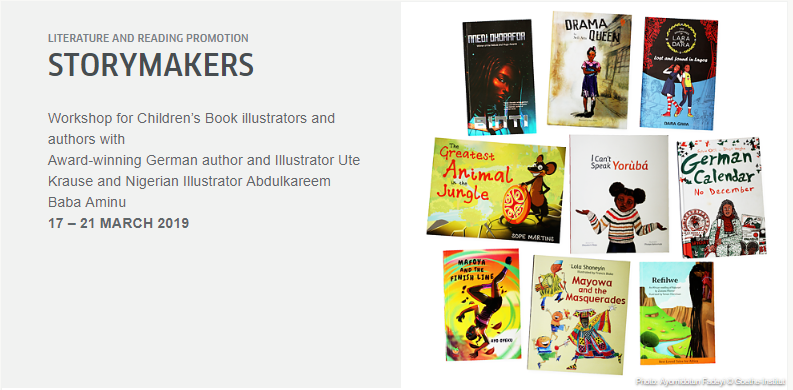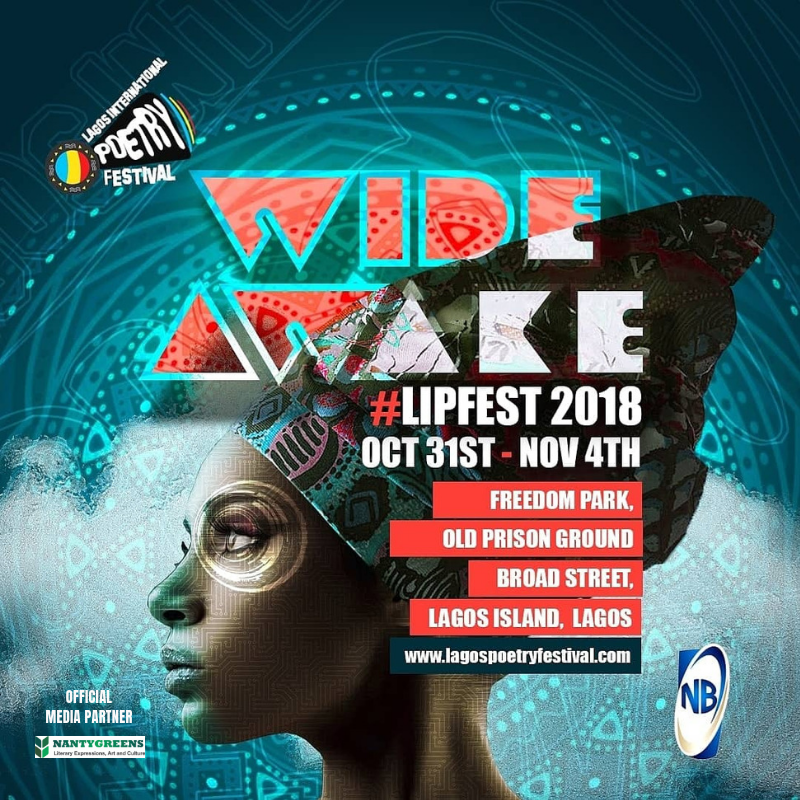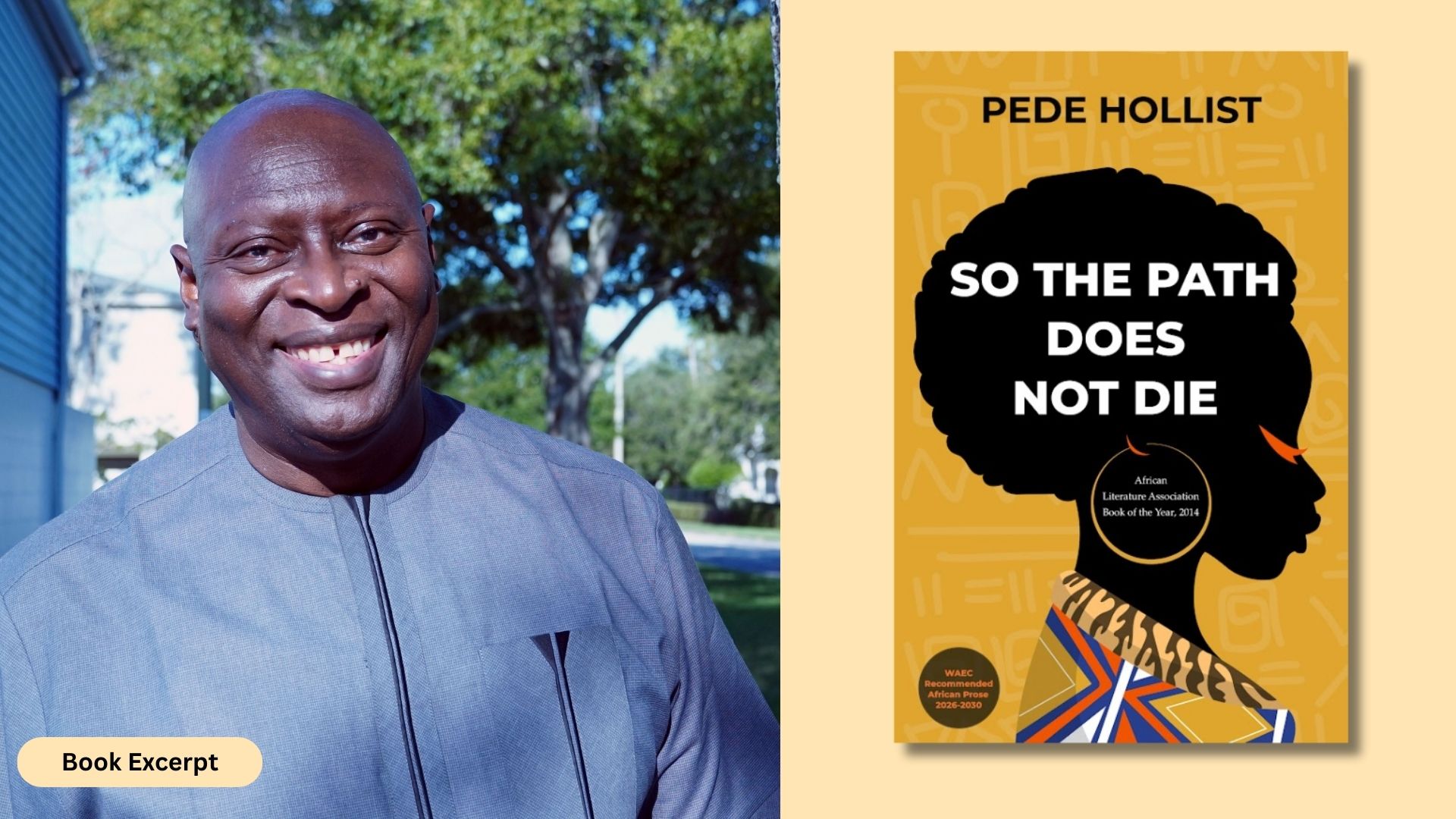History and events are better lived in than discussed. And Writivism, over the last five years, and its Annual Writivism Festival have painted this picture clearly, growing to be among the biggest platform for emerging writers in Africa, and in the Lit-Fest scene, respectively.
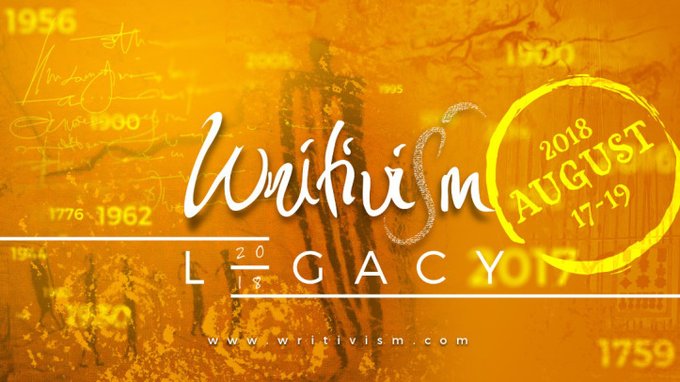
As much as, in the literary world, it is easier to posit the ideal Lit-fest as one transcendent event for all humanity, a sharing of sorts in its challenges and opportunities, it is not likely that it is through the same lens that the other “non-literary” world knows it to be. Perhaps the bridging that needs to be done is filling the pitfalls of the perception of an ideal lit-fest as a place barely bigger than a corner in a drowsy antique-library with a small crowd of some wretched, nerdy creatures immersed in their read. Luckily, Writivism through the theme of this year’s festival “LEGACY,” laboured to reinvent the meaning of Art and creativity.
Writivism’s LEGACY has been in giving voice not only to emerging writers but to the whole biosphere of arts as well. This year’s festival brought into the picture, Art by KLAART and the quickly rising Ugandan music group Akadope who resonated the sky above The Square in Industrial Area, Kampala; not to say of a rare midas-touch in African music, they satiated the guests who danced and sang along; with those who couldn’t sing or dance falling into a reverie they only wished not to be awaken from. Similarly, the award-winning Ugandan movie ‘Kyenvu’ was screened at The Square Place on Saturday night of the festival.
Literary festivals are the kind where the sound of our homemade melody, poetry–the spell of our untied, witty tongues–let the air of our lungs erupt away into the wind, our bones exorcised of their weakness.
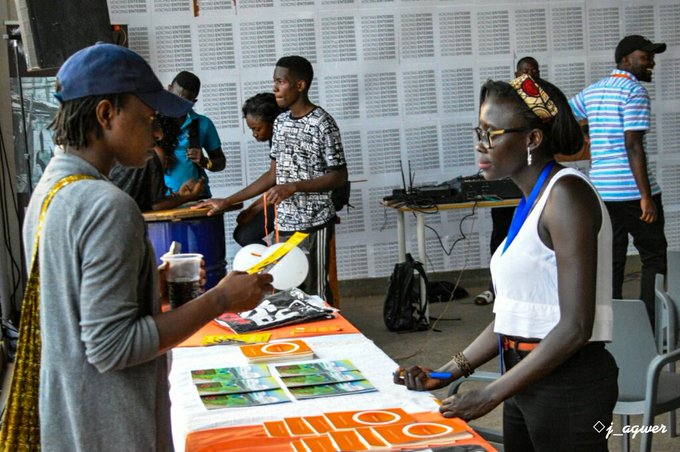
Books. Music. Art. Film. Dance. Fun. Talk.
Surprise has no role to play in the magnetic effect Writivism has on the fresh blood and bones of Africa; something we can bet our hopes on that, by no strange-luck, Writivism will continue to be a platform, if not the platform, for the next generation of rising literary stars and artists. This is evident in the habitually increasing numbers of participants in the Writivism Writing prizes awarded in the areas of Short Fiction and Creative Non-Fiction. For a young African writer or creative artist, there’s a steady assurance that their voice will be added to the old and new legacy of the cacophonous writers from the African Continent.
Expectedly, you have to be startled by meeting up with Africa’s old and new, names on the African literary scene as with the best hangout for those that would live and die by the arts and creativity. There was the beginning of the festival until there was Prof. Taban Lo Liyong’s opening keynote “Jaw bones and umbilical cord’s” a sui generis sage in African poetry at the National Theatre. That Prof. Taban drives the controversial bus was only self-confessed on his part before calling to debate that controversial people are the kind that are abstained from talking about issues. While employing Uganda’s traditional Buganda Kingdom as template, he pointed to how of political and other influential jawbones, “the jawbones of the past” will continue to crush the juvenile and less powerful jawbones.
Hilda Twongeirwe screened, through her closing keynote, the invincible journey of Ugandan female writers and their fight against female-exclusion from African Literature.
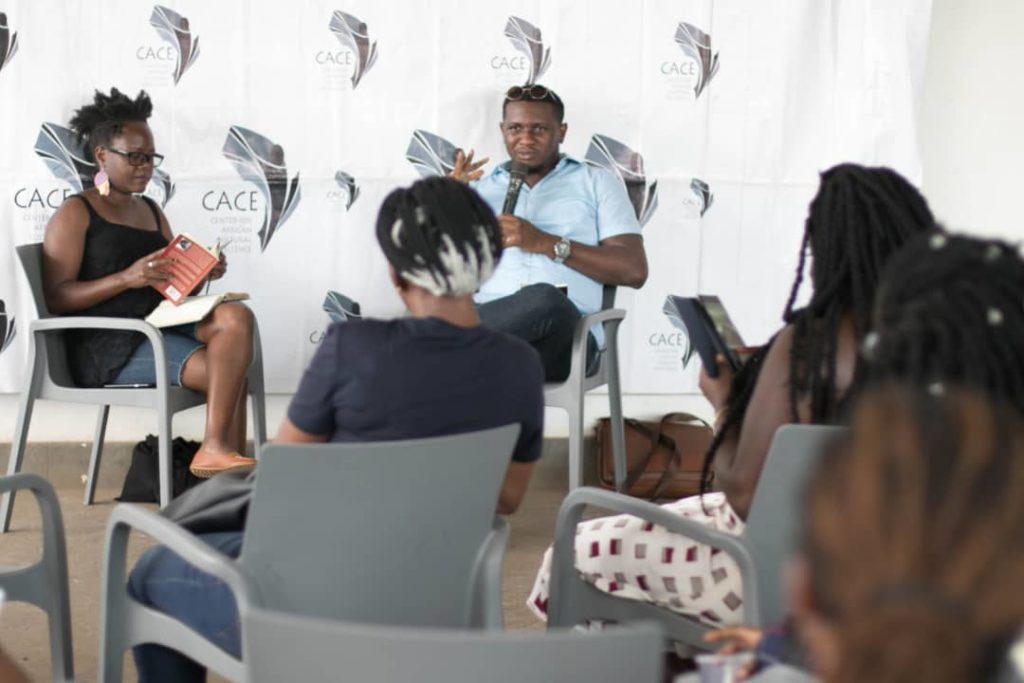
In the rest of the kin-league of contemporary African writers were the judges of The Writivism 2018 Short Story Contest – Shadreck Chikoti and two–time nominee for the Caine Prize, Beatrice Lamwaka; Goretti Kyomuhendo, Sophie K Bamwoyeraki, Nigerian writer Dami Ajayi who had his new collection of poems “A woman’s body is a country” launched during the festival, Dr. Jama Musse Jama from Somaliland, among others all resonated still, the voice that is African laden.
At the climax of this year’s festival which enclosed a gallery of sublime arts and literary activities—from the reading sessions in familiar places in Kampala such as Butabika Hospital and Nakawa Market, the discussion panel sessions on the ultimate topics in the African literature such as Writing for Freedom, African Speculative Fiction, Ugandan Diaspora-writing to the book launches of “Dear Philomena” by Mugabi Byenkya and Ijangolet Ogwang’s “An Image in The Mirror” as key debut novels from Ugandan-diaspora—was the Awards night for the Writivism Prizes.
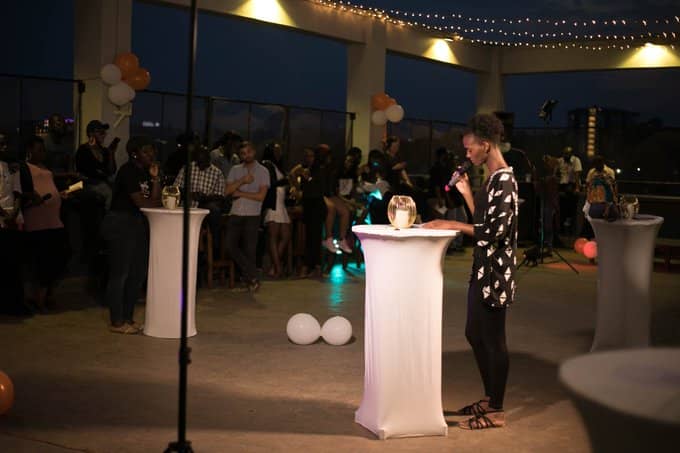
Prizes. Legacy.
Mbogo Ireri from Kenya bagged The 2018 Short Story Prize with his exceptional story “Hopes and dreams”, told in a child’s voice, about a family that is not spared the vicissitudes of a father who loses both his life, work and integrity.
Chasang Makuka won the non-fiction award for her story “Belonging”—a brilliantly written account of one African Child’s growth to adulthood while “travelling the quest for home”.
The prizes were awarded to those writers “who have written what transcends race, age or culture”. These stories and many more over the years are the re-echoing realism to the remark Prof. Taban Liyong’s wisdom “the literary desert is disappearing. This is proof!”
We were reminded by Mbogo Ireri, this year’s winner of the Writivism Short story prize, that “writing is screaming in the dark, hoping to be heard.”
The future being a hollow of darkness is always apparent to us. But what if the rays of radiance in our hearts are the illumination that keeps us going, an eternal nourishment that keeps the human soul alive and immune to the brooding of dullness and mediocrity.
The story of Joel Benjamin Ntwatwa, known to the many dearly beloved as “Nev”, “Nevender”, monumentalizes the reality that writing is a bridging, a transcendent intercourse of the bright/dark of one time into another, an unfading unison of tones that unite into one song sang beyond age. A song that makes a creed of its own.
Nevender’s “Pumpkin soup” is an almost surreal collection of poems which was launched posthumously by his family and friends at this year’s edition of The Writivism Festival but a mere pinch on his being. Nev’s legacy brings to mind the fact that as we live once, we also die once, only to live on and on, through our undying legacy, the live-memory of our contribution to the best benefit of mankind, a sharing of our life immortalized by numerous pieces of pearl wielded into unnumbered persons. Good writing is an indelible legacy.
Mitchel Tumuhimbise is from Kampala, possibly “cursed with imagination” that makes him create surreal-worlds in speculative short fiction–part of which was shortlisted for Black Letter Media’s The Short Story is Dead, Long Live The Short Story 2017 competition. His other written work can be found on Kalahari Review and several other online spaces.
Pictures from Mitchel and Dami Ajayi.

